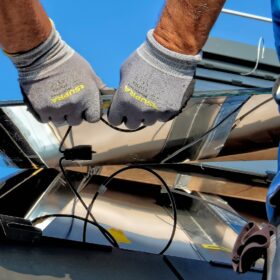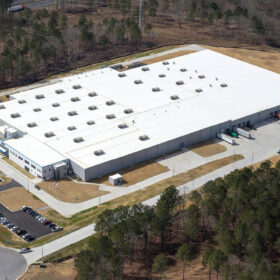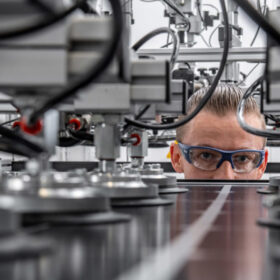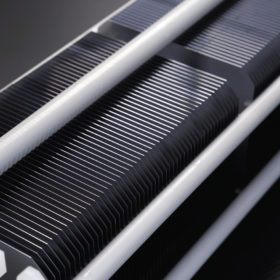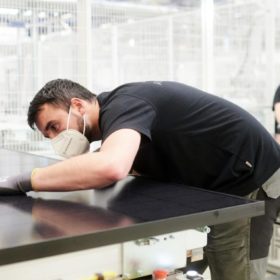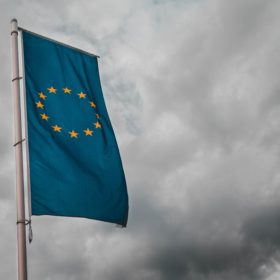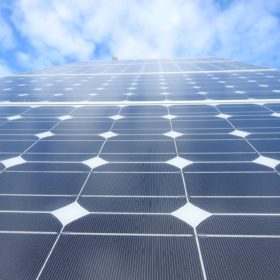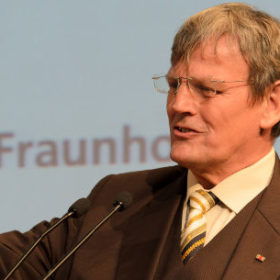ESMC publishes recommendation paper for Net Zero Industry Act
The European Solar Manufacturing Council (ESMC) has voiced support for the inclusion of non-price criteria in auctions for solar modules, as laid out in the EU Net Zero Industry Act. The council’s recommendation paper also calls for member states to adopt the act as quickly as possible and highlights concern around cybersecurity and data security in relation to Chinese inverters.
Weekend Read: Thin prospects
The production of PV ingots and wafers remains the most highly concentrated of all the production stages in the silicon solar supply chain. Yet efforts to re-establish production in Europe and the United States are not for the faint-hearted.
We need a ‘Domestic Renewable Energy Production’ standard for PV installations in Europe
The threat of catastrophic climate change, as well as increasingly obvious economic benefits, make it advisable, indeed essential, to convert our entire energy system to a sustainable system, based on renewable energy (RE) as soon as possible. The two main pillars of our future RE-based energy system will be power generation from PV and wind. In Germany alone, according to detailed studies by Fraunhofer-Institut für Solare Energiesysteme ISE, we will need at least about 300 GW of PV and an equally large amount of wind power.
European solar manufacturers need state aid exemptions – now
If Europe is to come up with its own Inflation Reduction Act moment, and incentivize a return of EU solar manufacturing leadership, it must lift state-aid related restrictions on the PV manufacturers who have announced a willingness to build 30 GW of production lines.
EU leading PV technology innovation, plans for 100GW solar manufacturing capacity by 2030
Plans to reestablish a thriving European solar manufacturing base are underway. As part of the UP Initiative’s upcoming Q2 2022 theme on the topic, pv magazine spoke to Johan Lindahl, secretary general of the European Solar Manufacturing Council to understand the challenges and opportunities for domestic manufacturers, and to discover how they could reach the target of forming a full 100GW solar value chain by 2030.
ESMC criticises lack of solar manufacturing in Euro recovery plans
The trade body has highlighted a lack of explicit PV industry support in EU member states which already host domestic manufacturers, such as Germany, France, Austria, Belgium and Lithuania, and says the focus on green hydrogen could exacerbate the solar trade deficit with Asia.
European solar manufacturer body hits out at EU focus on post-production eco labelling
The European Solar Manufacturing Council says a decision by policymakers to disregard the carbon footprint of imported solar products ‘makes absolutely no sense’. Talk of ‘jobs which require a rather low qualification’, meanwhile, is unlikely to heal the widening rift with solar project developers and panel installers.
European Solar Manufacturing Council chooses Eicke Weber as chairman
The former director of Fraunhofer ISE will be officially elected at a general assembly planned for September. The ESCM wants a strong Europe to be part of the Fourth Industrial Revolution and also pay attention to sustainability.
